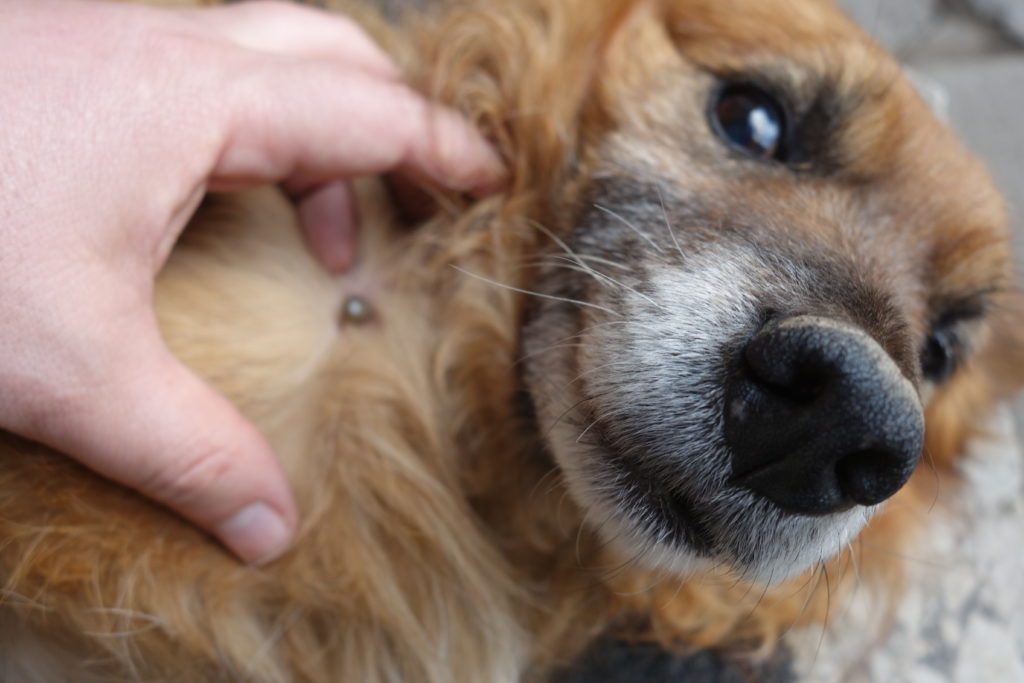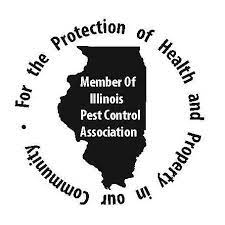Tick Control
Tick Control
Adults can be smaller than a sunflower seed (over 1 cm long if engorged with blood), while tick larvae can be less than 1 mm. Ticks have only six legs during their larval stage and eight legs during their nymphal and adult stages. Ticks do not fly or jump, but they can latch onto fur, clothing, or skin. These pests often hitchhike indoors on pets or household pests like rats and mice. Tick infestation may also indicate a stray animal (opossum, raccoon, etc.) is living near a home. Exceptions to this rule are brown dog ticks, a species that survives and reproduces quite well inside, and soft ticks that sometimes invade structures searching for a host. These pests do not present much of a threat to well-built homes unless there is a host’s burrow or nest inside the structure. However, in rustic cabins or old, poorly constructed and maintained homes with multiple sources of entry, the pests may attempt to feed on humans before returning to their sheltered sites. According to a recent CDC statement, the number of illnesses caused by tick bites tripled between 2004 and 2016. Different species of ticks can transmit over 15 viruses and infections.

Some of these Problems Include...
- American dog ticks
- Deer or blacklegged ticks
- Lone star ticks
- One of the more common tick-borne ailments is Lyme disease. If left untreated, Lyme disease can affect the heart and nervous system, so early detection and medical intervention are crucial.
Symptoms include:
Fatigue
Fever
Headache
Joint pain
Skin rash
Signs of Infestation

The first signs are usually the pests themselves. Secondary signs can include medical symptoms from diseases or fluids transmitted by ticks. These can vary and are best left to a medical professional for diagnosis. Repairing any crevices or gaps and keeping grass cut short outside may discourage infestations. The disposal of all empty bird and rodent nesting materials is necessary, as they will readily infest these items. The pests prefer tall grass and brush, so trimming lawns and adding gravel barriers around wooded areas and patios can help prevent bites. If you have a Tick problem, call Rodriguez Exterminating.
The bug stops here... Request a Quote at 847-625-9550
Rodriguez Exterminating
- 847-625-9550
- Rodriguezpestcontrol@gmail.com
- PO Box 8813 Waukegan, Illinois 60079
Business hours
-
Monday - Friday - 9:00AM - 5:00PM
Saturday - 9:00AM - 01:00PM
Sunday - Closed
Quick Links
- Home
- Services
- Blog
- Login
- Contact Us
Locations
- Waukegan, IL
- Chicago, IL
- Southeast Wisconsin
- Northern Lake County
- Greater Chicago Region







